Fake news is king
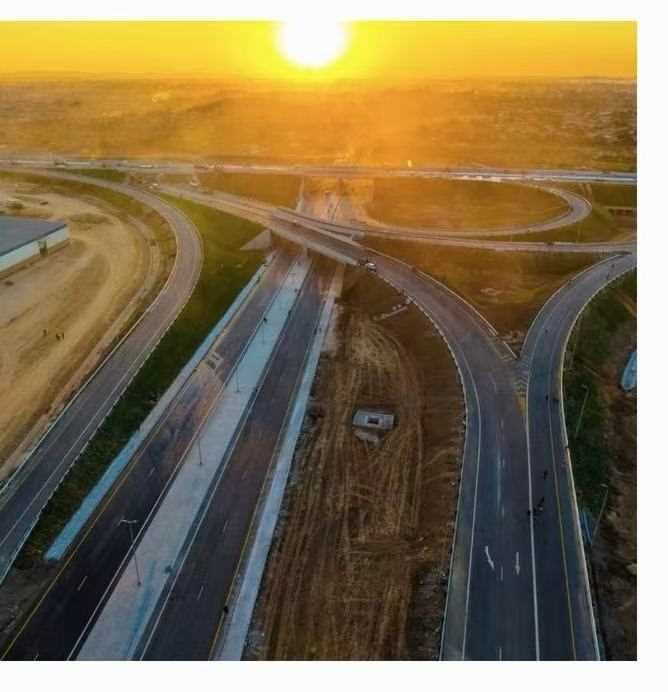
Henry Hakula
YOU might not like ZANU PF, but there’s something deeply flawed with our political discourse.
I work in communication and multimedia, specifically on digital tools and systems. I have done a couple of national political campaigns and political strategic sessions in several countries with notable figures.
Trababalas was trending, and the same voices that led criticism had a good run on the keyboard with misinformation, disinformation, and anything else.
Activism reduced to content creation
Too often, what we call “critique” is just performance.
What we call “activism” is often just content creation for clout. And what we call “holding power accountable” is sometimes nothing more than outrage without a plan.
It’s also something we see even in the corporate world: those who give work to our relatives are treated unfairly, but those critics rush to those relatives for financial help.
The Toxicity Trap
It’s not that scrutiny is bad—far from it. Democracy depends on strong, informed opposition. But what we’re seeing now isn’t scrutiny. It’s what I call self-sabotage: a type of political theater where the loudest voices win attention, not because they’re right, but because social media algorithms reward outrage.
We’ve created a culture where every government action must be ridiculed. If a road is built, it’s “optics.” If an airport is upgraded, it’s “for elites.” If a border post becomes more efficient, it’s “window dressing.” But here’s the uncomfortable truth: many of the same critics who trashed these projects now use them. Every day.
No one tweets about how the new highway saved them time. Or how the new dam secured water for their hometown. That part doesn’t trend.
Related Stories
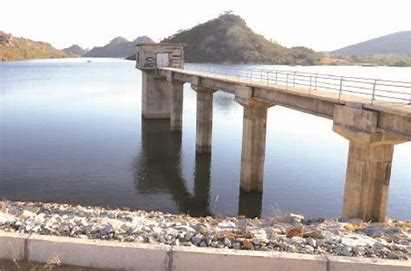
Breaking the Cycle
And still, the cycle continues. Performative opposition becomes a badge of honor. Tangible improvements are mocked as distractions. We act as if admitting anything works is an act of betrayal. But is that honesty or insecurity?
President Emmerson Mnangagwa won’t take the roads, dams, or border posts with him when he leaves office. Like it or not, those developments now belong to Zimbabwe. The next generation inherits them. And that should matter more than the daily scoreboard of who said what on X or Facebook.
Wake up call for leaders
If you’re in politics or aspire to be, pay attention. The culture you create now will be the standard used against you later.
Today’s sarcastic commentator could be tomorrow’s Minister of Infrastructure. What narrative will you walk into office with? The internet does not forget.
We can do better.
We need opposition that builds, not just barks. Critique that offers alternatives, not just applause lines. Politics driven by vision, not vengeance.
Healthy democracies thrive on accountability. But when critique becomes theater—when it’s designed to trend instead of transform—it fails the very people it claims to protect.
Politicians, activists, and journalists: Stop outrage farming on social media.
Zimbabwe deserves more than noise.
It deserves leadership—and it’s not just about those in power; it’s also about you who might lead.
Let’s raise the standard!
This opinion was first published on X and was adapted for Zim Now with permission of the author. Read the original here
https://x.com/henryhakula/status/1928533644601364711?s=46&t=tUXeZc3mne2h7P8uNt-_XA
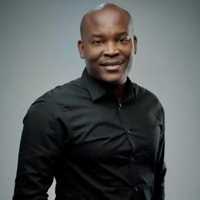
Henry Hakula is a data-driven communication strategist, an award-winning photographer, and an Inter Political Expo producer. Follow him on X










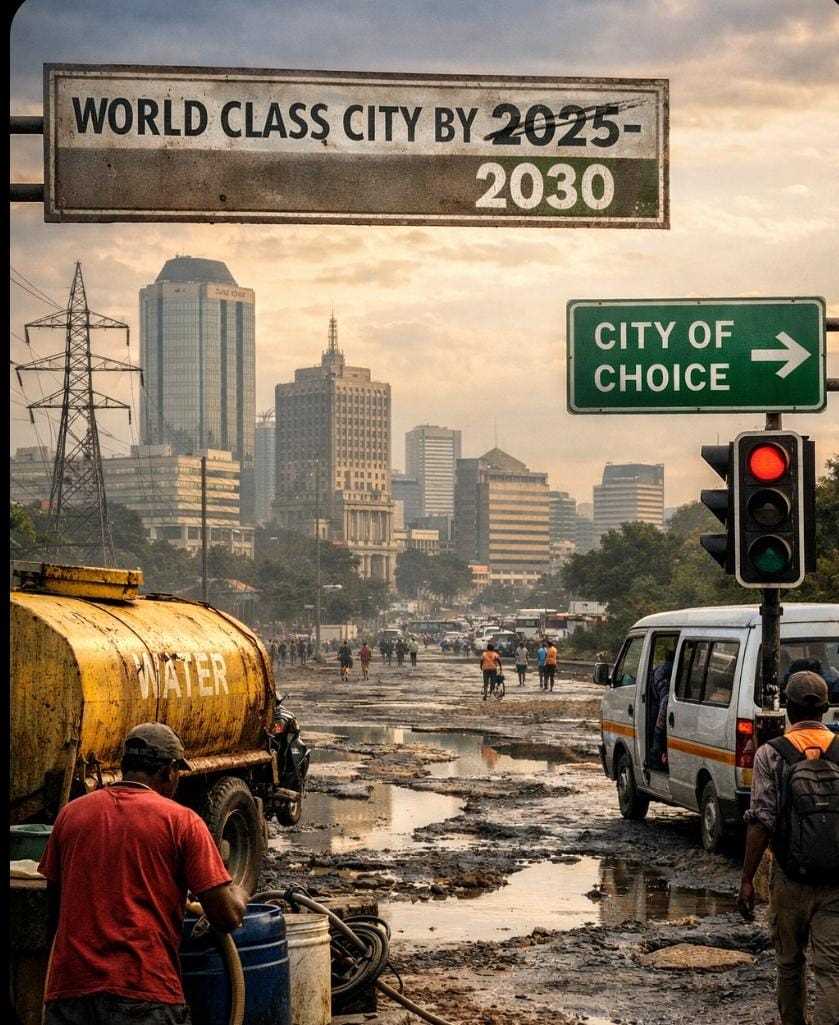



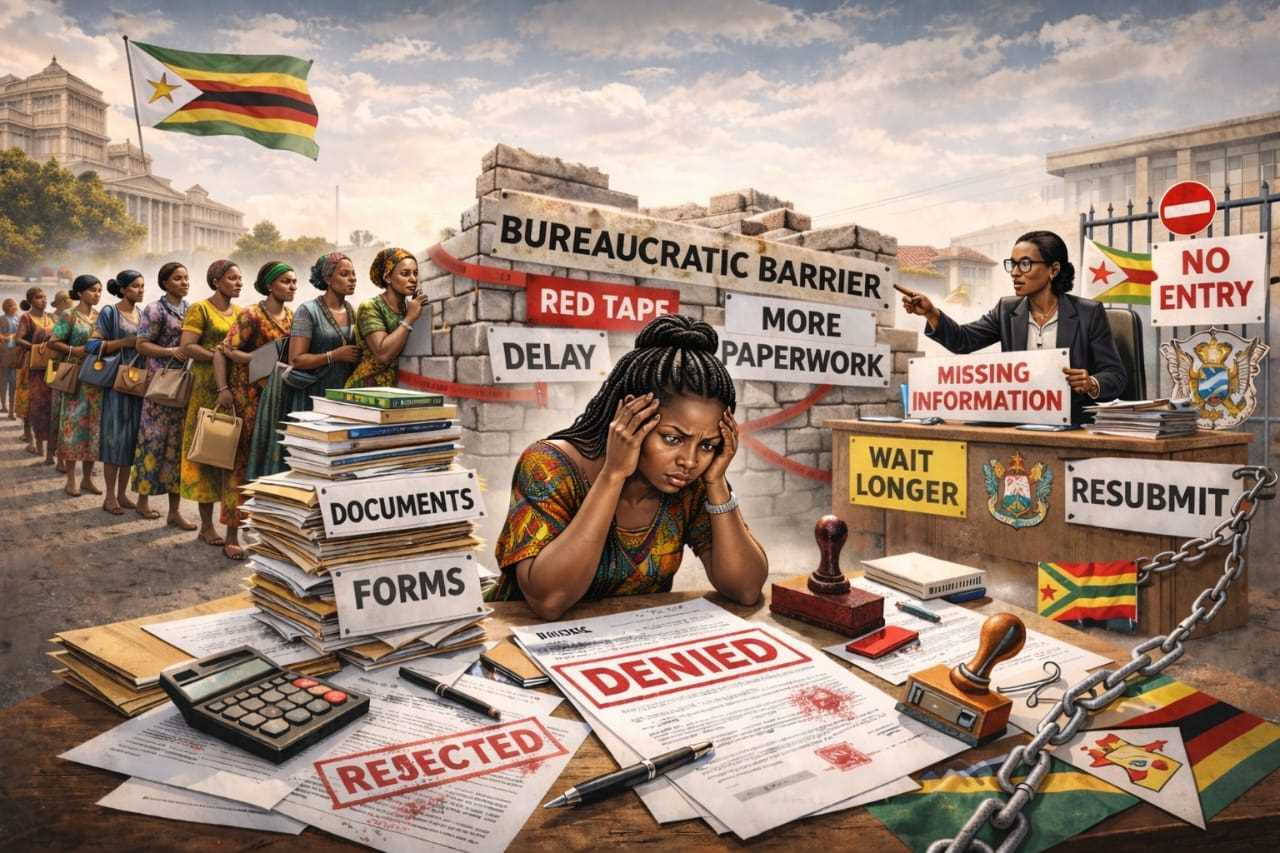
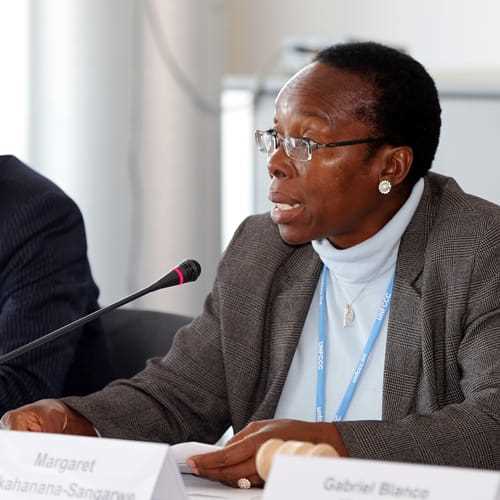
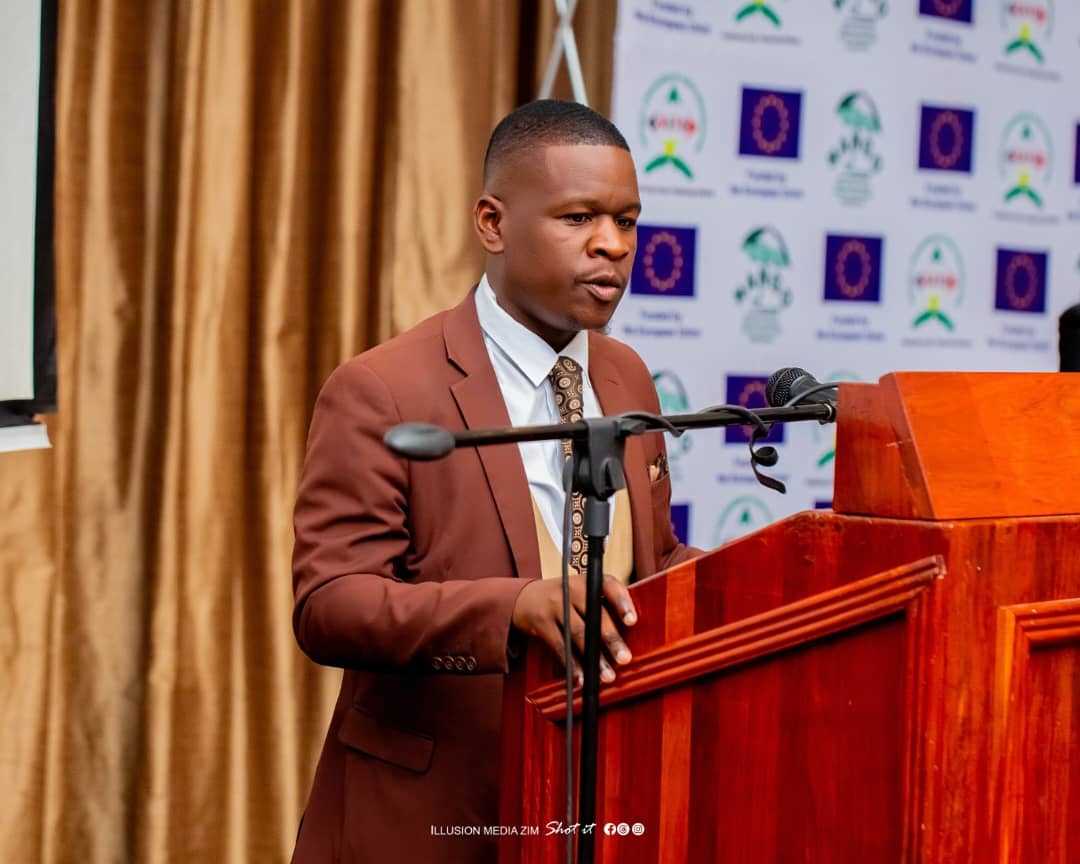
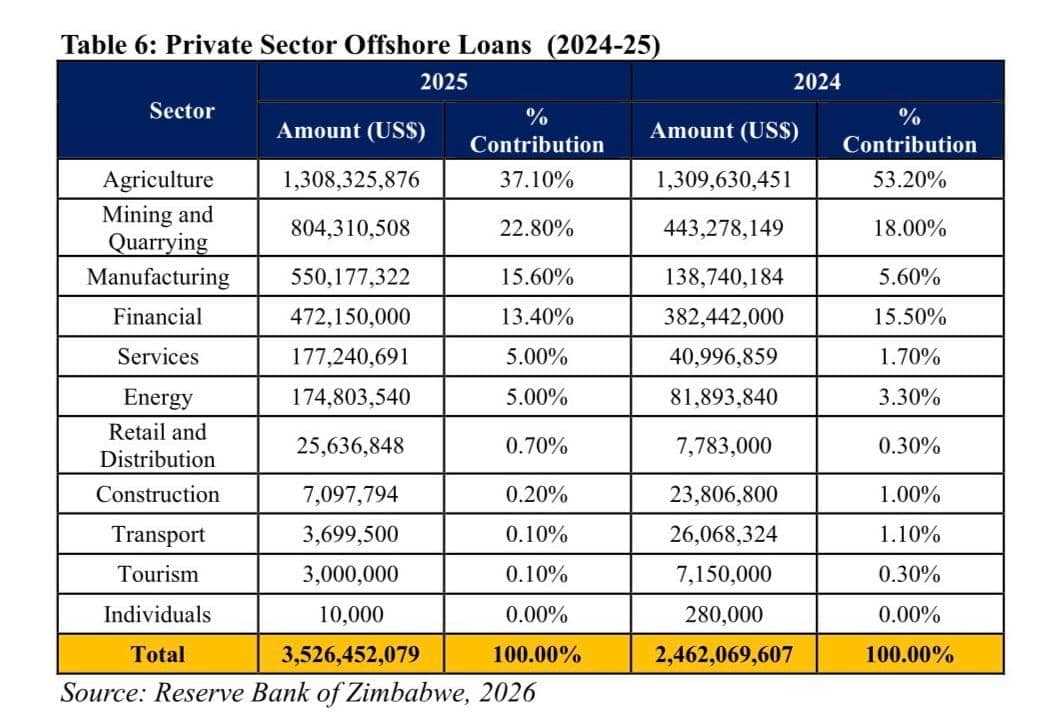


Leave Comments